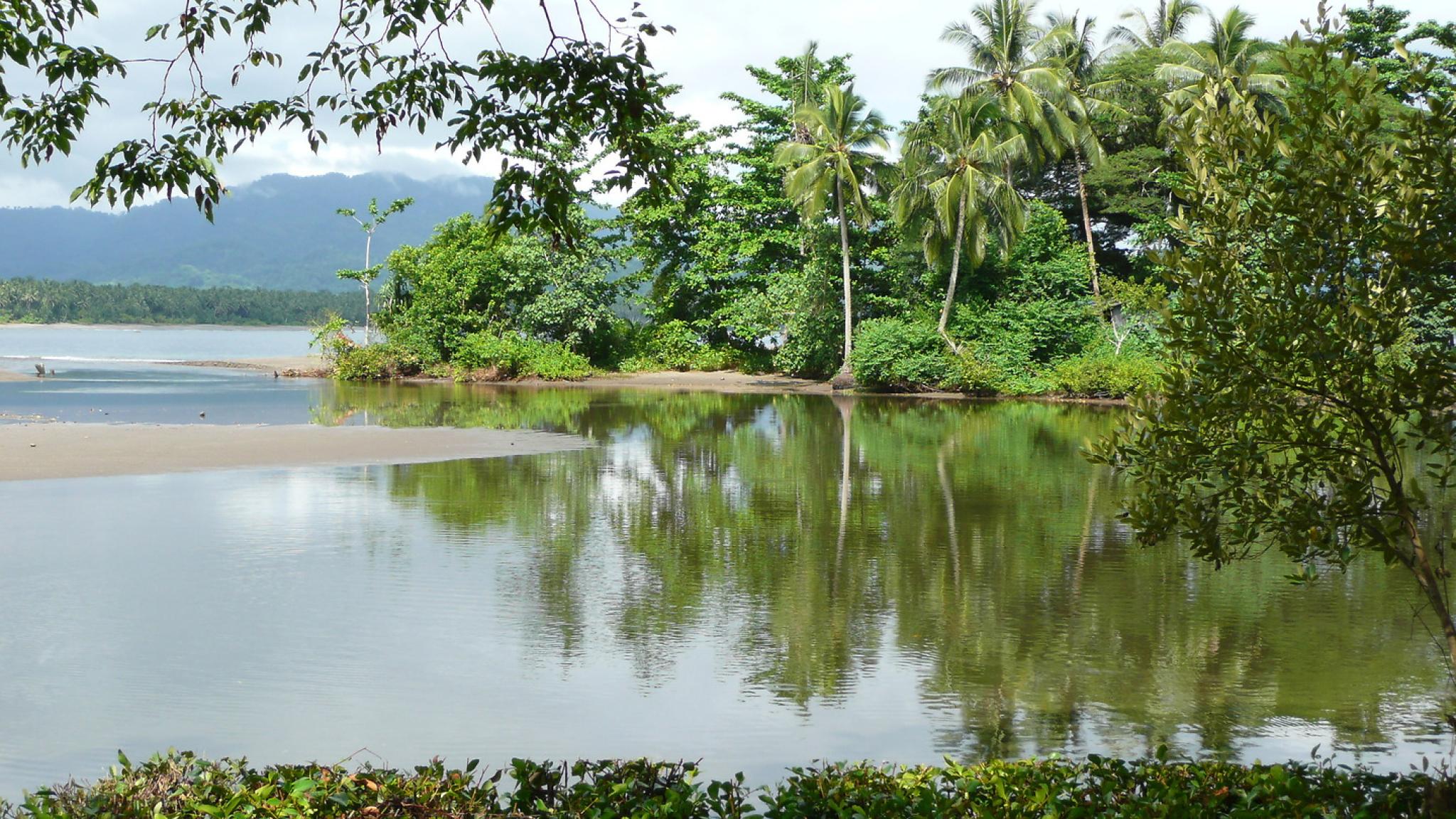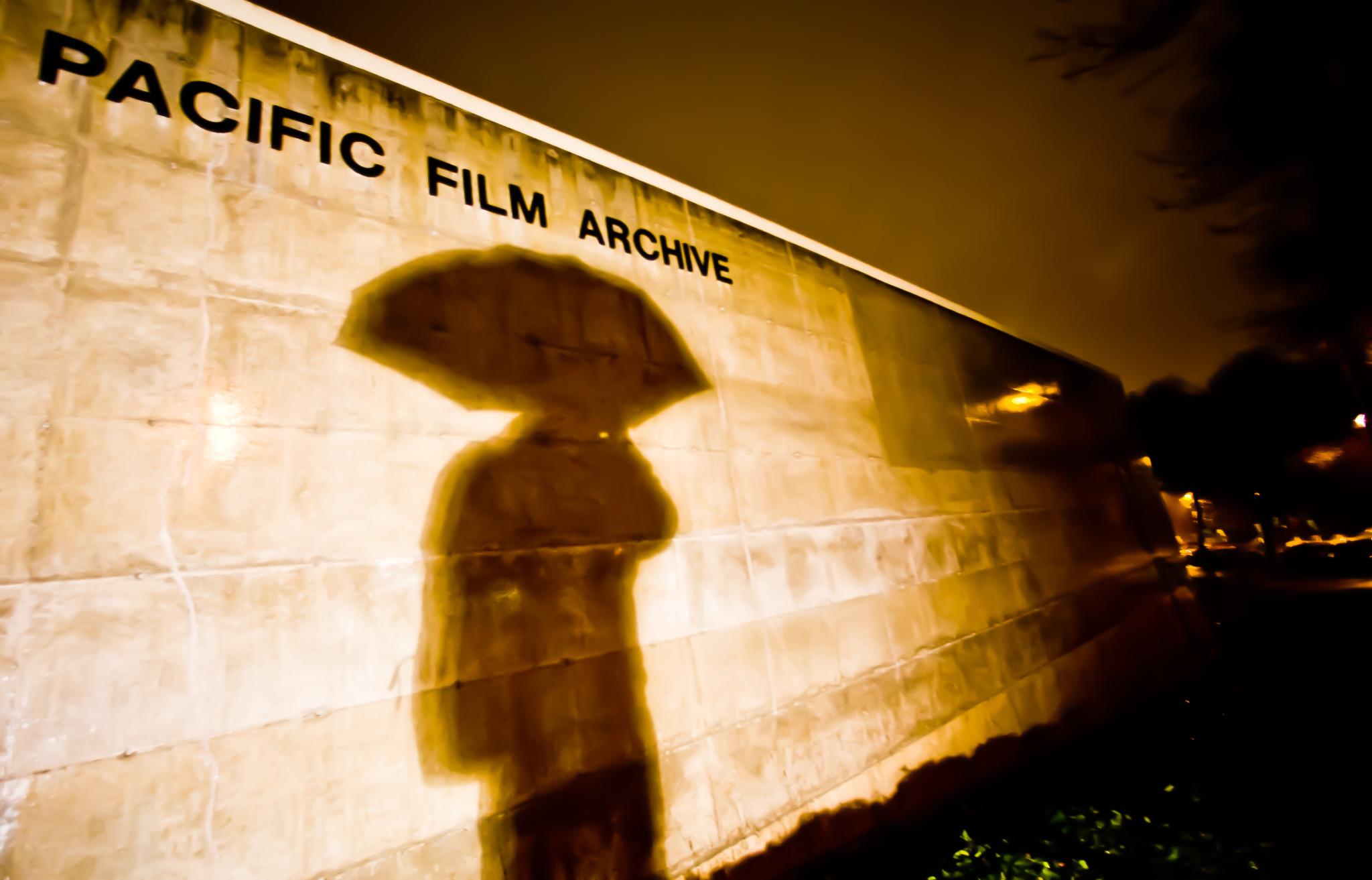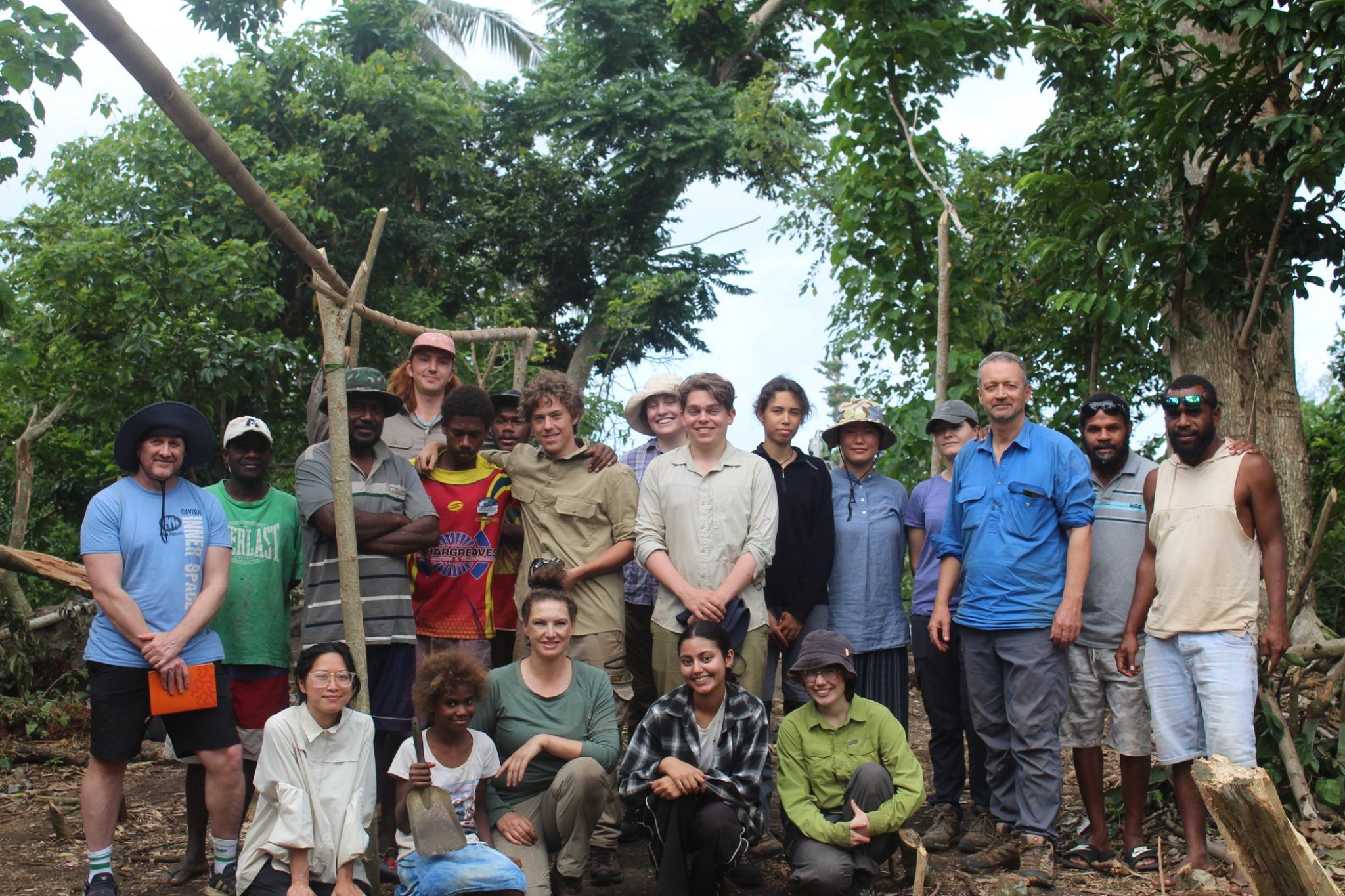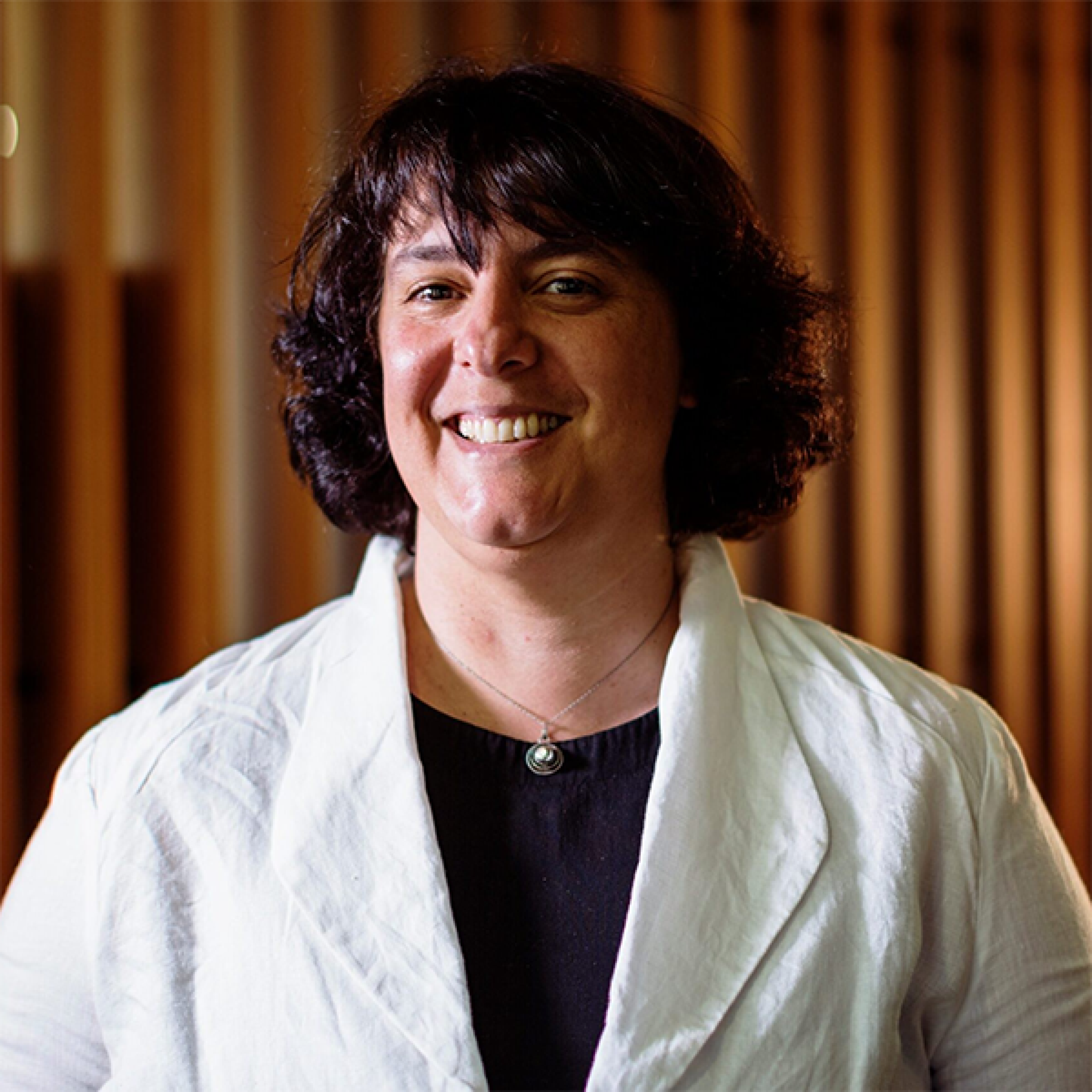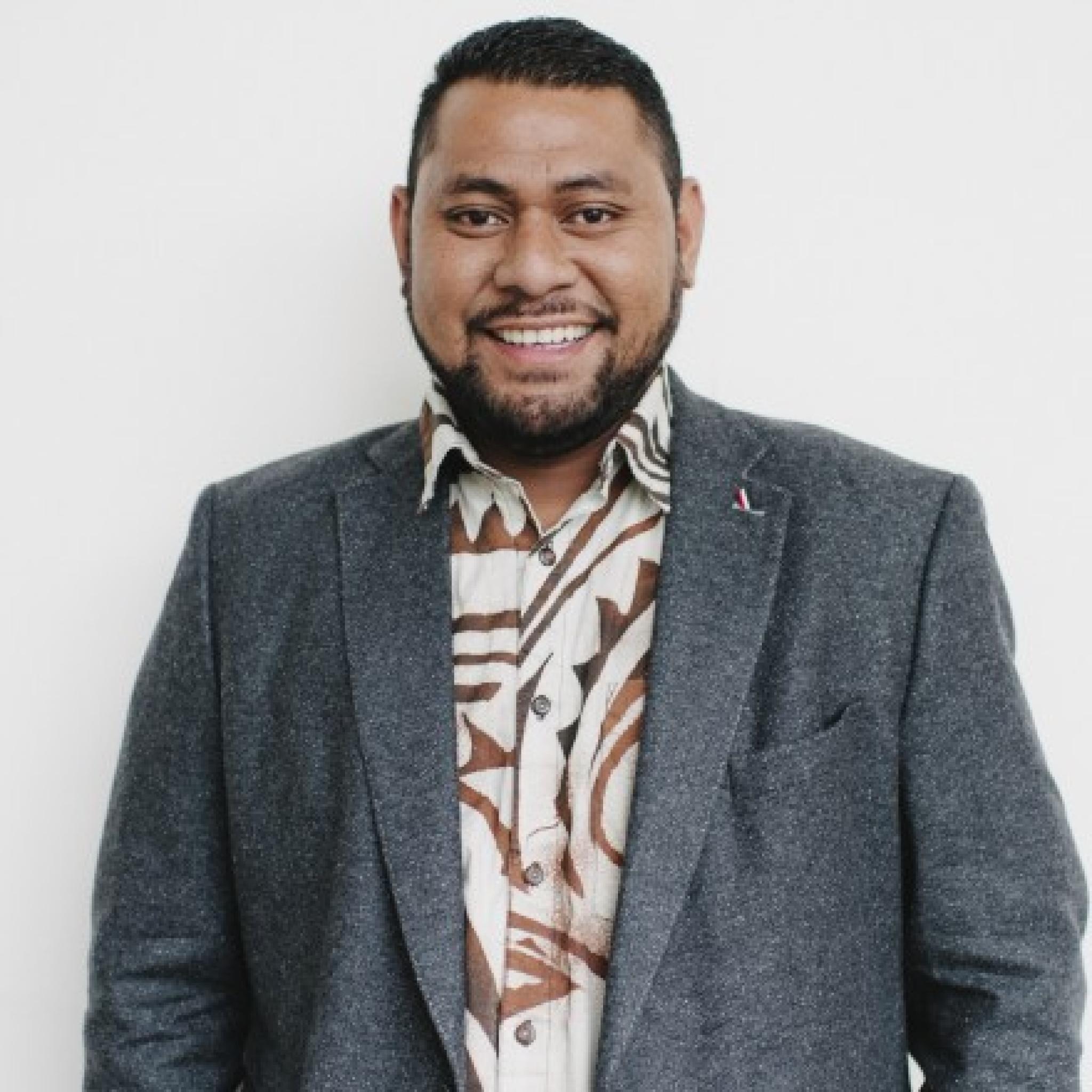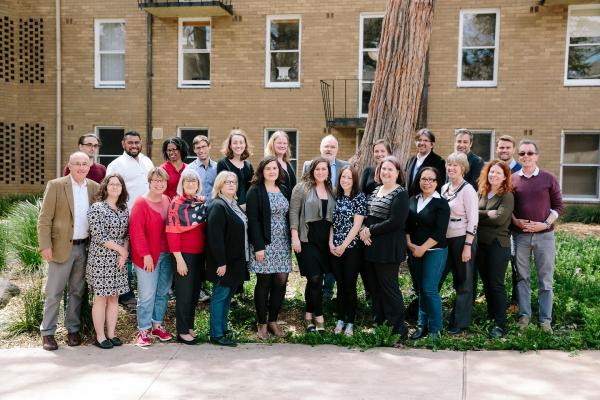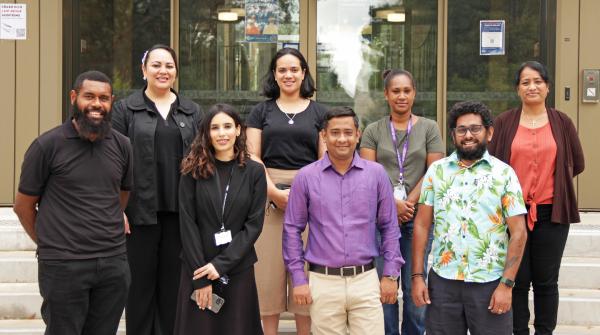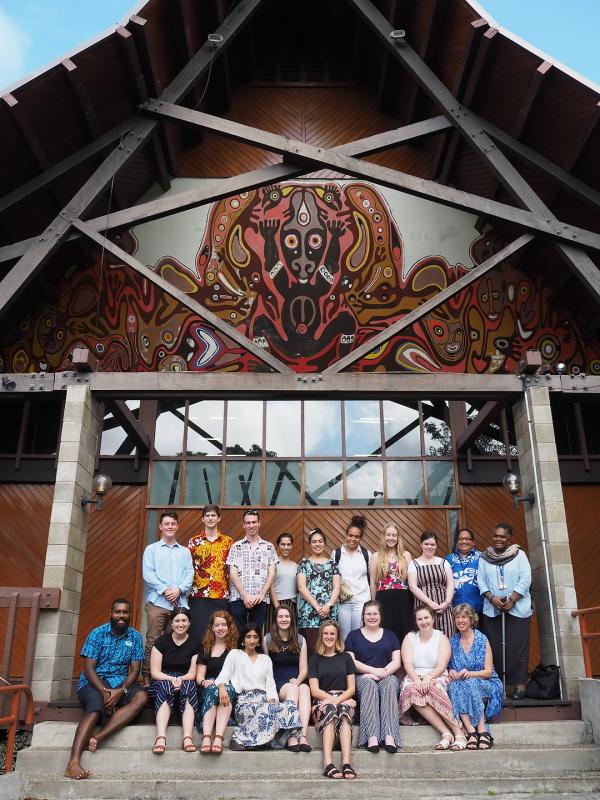Our mission
Through our key strategic partnership with the Department of Foreign Affairs and Trade (DFAT), and in collaboration with the Development Policy Centre and the Lowy Institute, we work towards three objectives:
-
Better informed Pacific policy makers: we aim to support policy makers in Australia and partner countries deepen their understanding of both the Pacific development context and regional geo-politics. This involves focussing upon the intractable, pressing, or over-the-horizon development and geo-political issues that policy makers need awareness of to make well informed decisions. We do this by delivering rigorous, high quality, well targeted and independent research that empowers and strengthens the capabilities of Pacific Island researchers, and by communicating the impact of our research to broad and diverse audiences in Australia and the broader Pacific region.
-
Stronger Pacific research partnerships and practice: we aim to support the enhancement of research skills of individual Pacific Island country scholars and the Pacific research institutions we partner with. We engage with Pacific students through our Pacific education and training activities and Pacific Island-based research collaborators. Our partner research institutions include the National University of Samoa (NUS), Solomon Islands National University (SINU), the University of Papua New Guinea (UPNG) and University of the South Pacific (USP). ANU researchers benefit considerably from these research partnerships and practice, especially with respect to Pacific knowledge systems, ways of knowing and Pacific research methodologies.
-
Greater Pacific awareness: we aim to ensure our research and analysis is contributing to public debate in this strategically significant region. We do this by offering the region’s largest and most comprehensive suite of Pacific-focused educational programs, and through active media engagement and public facing events designed to build greater awareness of Pacific issues among Australians and others around the globe.
Our vision
DPA is proud to support the ANU's Pacific-focused mandate enshrined in its foundational legislation in 1946. In coming years, DPA will build upon our achievements, and consolidate our leading role in shaping Pacific studies, policy and debates. Within the next decade, DPA aims to strengthen our national mission and meet our unique responsibilities by attracting, and collaborating with, more Pacific Islander researchers across a wide range of disciplines.
Our goal is to deepen Australia-Pacific research & education partnerships that support evidence based policy making for the Pacific.
